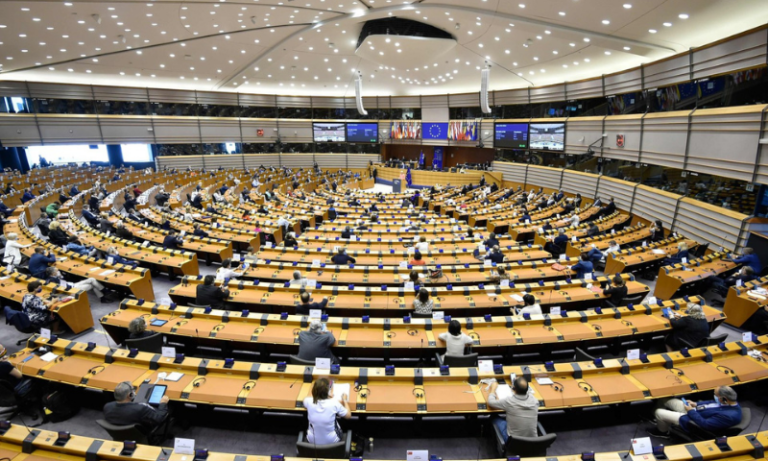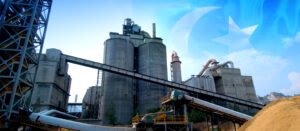Human capital is broadly accepted as an essential determinant of economic growth. It is not only the factor of growth but it also enhances the development process. The mutual relationship between them is an important key for sustainable growth. The concept of its acquisition plays a major role in modern dealing of growth theory and labor economics. The role of this is likely to attract other factors such as physical capital which also contributes to per capita income growth.
Recent studies show that an increase in physical capital is itself depends upon human capital. If this particular sector is invested the consumption of material capital is also limited in terms of technical, professional, and administrative productively. The belongings of its variables entail that the speculation rate tends to boost as the level of schooling and physical condition increases. In developing countries, the biggest issue is the lack of this feature and therefore many difficulties arise when they compete with other developed nations because of having an educated and healthy workforce. The level of poor nation’s human reserve must start to touch with the developed nations in order to the set-up growth process. Human capital should be a matter of growth because it may affect output growth including the direct productivity effect and more indirect effect due to boost the productivity of R & D.
The task of human capital is generally regarded as being essential to the train of economic growth. Sustainable economic signs of progress rely on the rank of human capital whose supply increases as a result of better fitness and high level of education etc. Without the minimum level of its stock a country’s labor cannot be capable in the state of continuous growth.
For over two decades, the Pakistani economy increases but this rate is still significantly low as compared to other developing countries because of insufficient investment in human capital. Lack of innovation and synergies among the academia, researchers, and private sector have resulted in poor human capital development. Growth is not only determined in terms of factor of production, empirically it has been shown that good policies and institutions are also very necessary, and human capital is an essential feature to put them in position. The international standard for education allocation is 4% but still, there was no increase in this ratio in Pakistan in 2013 and 2017. View More
The services for women and children are very inefficient and cause several complications during birth. These are the responsibilities of the government to provide proper facilities and control the infant mortality rate at a time when it stands highest in the world for Pakistan. By giving much less attention to these important sectors, economic growth cannot be achieved. The motive for mentioning the indicators like education, awareness, and health is to bring the human capital debate and’ its impact on the economic growth of Pakistan under the attention of policymakers.
Human capital has been mostly treated as a principal engine for enlargement. Many studies support this aspect. A well-informed workforce is thought of as imperative incentives for foreign investment which automatically increases economic growth. One of the main features of developed countries is the accessibility of labor strength with a high level of human capital as it is the key driver for economic success for these nations. The expenditures of these countries on educational attainment, maintaining their infrastructure, and economic growth during the last century indicate that H & D and economic wealth went hand in hand. Some developing countries realized the importance of human capital in determining economic growth but Pakistan is not listed in these countries (Khan 2007). View More
Pakistan’s growth performance in recent years is a problem compared to other high-growth developing courtiers. Pakistan’s low educational levels, quality of institutions, and high birth rate cause low human capital. School enrollment is quite low in Pakistan due to its health care spending. Despite the importance of human capital in the economic growth of any country, this is still one of the most neglected sectors of Pakistan’s economy. A lot of work has been done for developed countries but very little attention has been given to developing counties. Therefore the present study has an addition to the literature on human capital’s importance in Pakistan. This study will also present sound suggestions for the formation of economic policies in Pakistan.
Conclusions:
The principal goal for directing this examination is to investigate the relationship between human capital and Economic Growth in the context of Pakistan. By utilizing time arrangement information overtime of 1980-2018 this exploration has been led.
- Education has a robust effect on economic growth, the Pakistan Government can achieve better results by investing heavily in the educational sector e.g. better study conditions, provide teachers according to new and enhanced technology to schools, encourage people to educate their children, make it feasible and cost-effective for public, and fair admission process, etc. It may be valuable for developing countries to spend more and more on Education because it is a productive tool for Government to push upward the GDP growth of a country.
- Physical capital has a positive impact on Pakistan’s economy in the short run as we know the physical capital investment of this sort can increase the economy’s output and productivity. An economy with reliable roads and electricity will be able to produce more. Keeping in view the outcomes dependent on significance in long run the investigation recommends that interest in physical capital is extremely important to acquire the supportable outcomes. Government spending on physical capital should increase with the goal that the soundness of each individual enhances and afterward they make full part in raising financial development.
- Likewise, birth rate increases the GDP growth of a country of Pakistan but more increase in birth rate cause unemployment, low savings, and investments, improper food intake, etc. Birth rate growth is not a real problem, the problem of Pakistan is ignorance of human capital and an inffective development policy. Pakistan government should address the problem and make it easy for youth to develop their skills, provide interest-free loans, new jobs, technical education, training, and improve development policy Human Resource Development. When once Pakistan has got tremendous economic growth and developed human capital (through HRD) the population growth will be corrected for itself.








